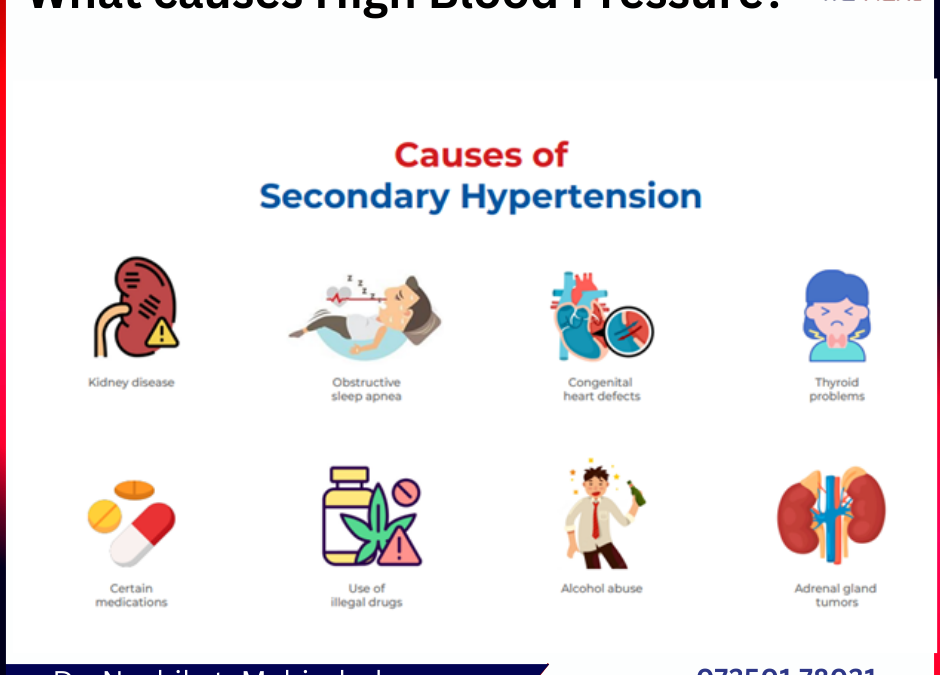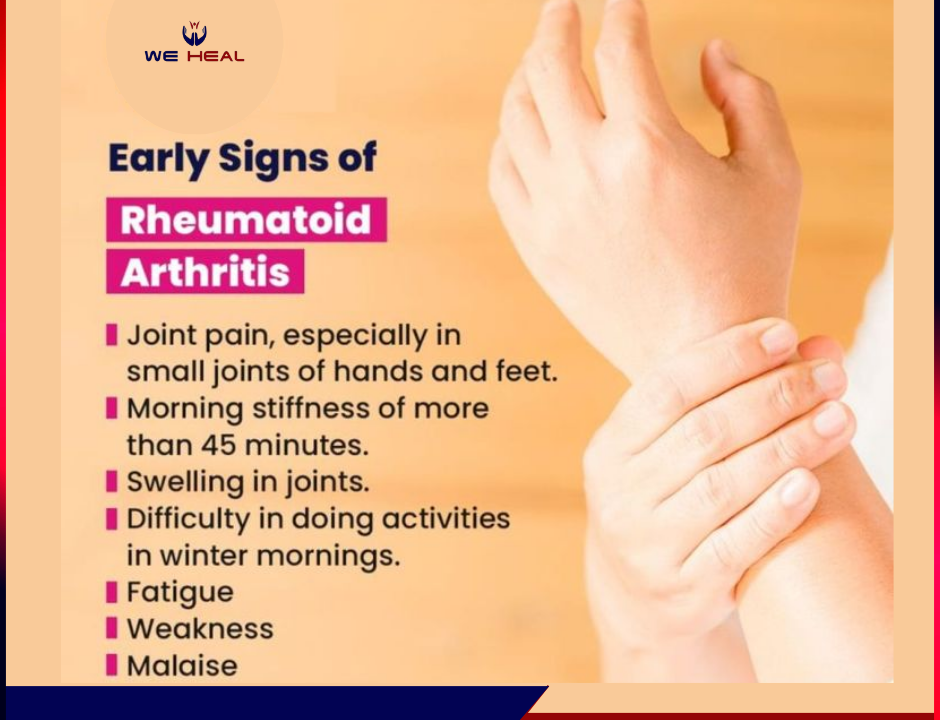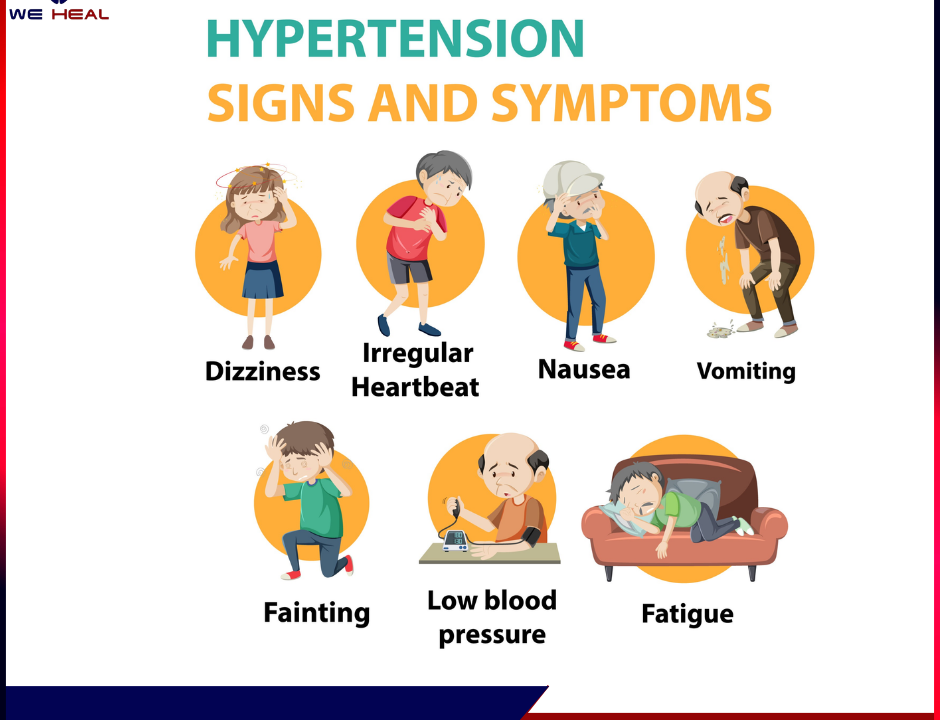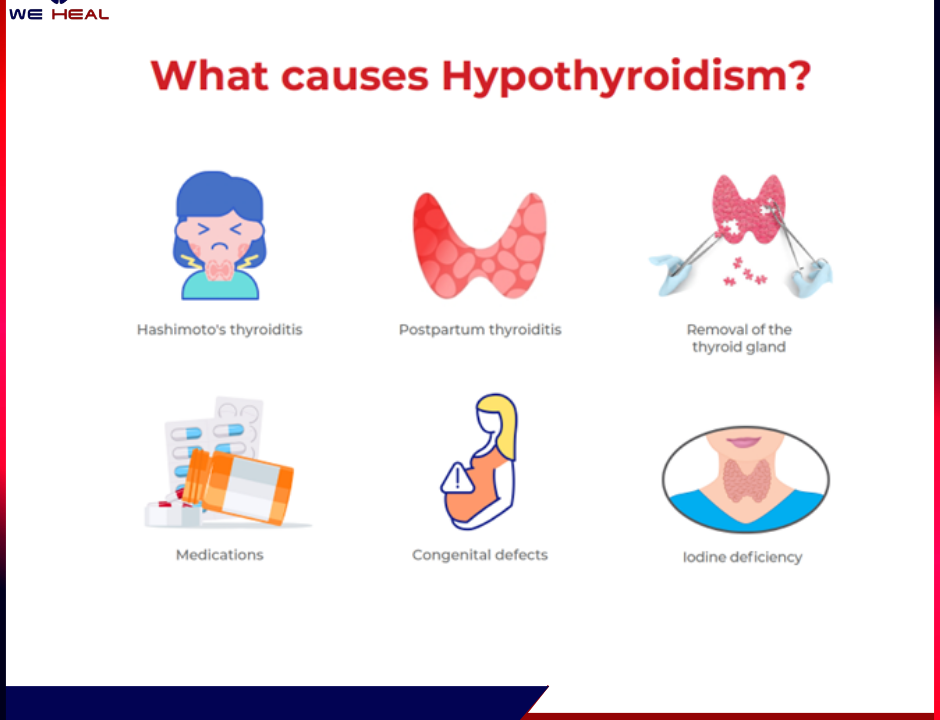
Why are regular checkups essential?
November 16, 2023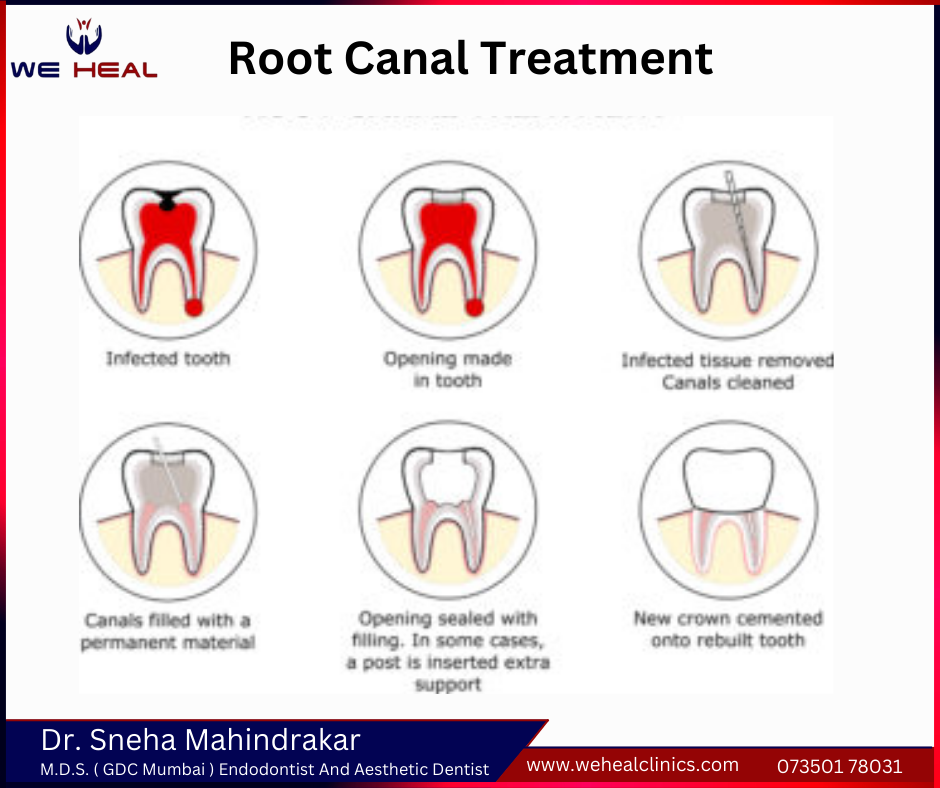
Overview
Blood pressure is the pressure of blood on the walls of arteries as the heart pumps it around the body. Blood pressure is one of the most vital aspects that a doctor considers to evaluate an individual’s health.
While the normal resting blood pressure is approximately 120/80 mmHg, any level of blood pressure higher than that is known as Hypertension. Prolonged Hypertension, also known as High Blood Pressure, is a risk factor for diseases such as stroke, heart disease, and kidney failure.
Hypertension persists amongst several individuals and typically develops over several years. Early detection of high blood pressure is essential as it may cause damage to blood vessels and organs such as hearts, kidneys, eyes, and brain.
How is Blood Pressure measured?
Blood pressure is measured in millimeters of mercury (mm Hg).
There are two parts to a blood pressure measurement
- Systolic Pressure indicates how much pressure the blood is exerting against artery walls when the heart beats.
- Diastolic Pressure indicates how much pressure the blood is exerting against artery walls while the heart is resting between beats.
What are the symptoms of High Blood Pressure?
High blood pressure rarely exhibits any symptoms and is identified through screening.
However, there are symptoms of severe Hypertension which include:
- Headaches
- Nosebleeds
- Flushing
- Dizziness
- Chest pain
- Blood in the urine
- Fatigue
- Blurred vision
- Pounding in the chest, neck, or ears
- Shortness of breath
What causes High Blood Pressure?
There are two types of hypertension.
Primary Hypertension
Also known as essential hypertension, this develops gradually over the years with no identifiable symptoms. It occurs when you have abnormally high blood pressure, not resulting from any medical condition.
The following factors might lead to primary hypertension:
- Genetics: A family history of high blood pressure leads an individual to have hypertension genetically.
- Physical changes in the body: For example, the changes in kidney function due to aging may upset the body’s natural balance of salts and fluid causing the blood pressure to increase.
- Lifestyle: Lack of exercise and poor diet results in obesity that can cause Hypertension.
What are the risk factors for High Blood Pressure?
The significant risk factors of hypertension are:
- Age: The higher the age, the higher the risk of hypertension.
- Family History: If High Blood Pressure is present in the family medical history, the risk increases.
- Inactive lifestyle: People who are inactive tend to have higher heart rates. Lack of physical activity also increases the risk of being overweight.
- Intake of too much liquor can also be a cause of Hypertension.
- High sodium intake can cause the body to retain fluids resulting in high blood pressure.
- Smoking can cause arteries to narrow and increase the risk of heart disease. Passive smoking may also contribute to the increased risk.
- Intake of too little potassium can cause an accumulation of too much sodium in the blood resulting in increased blood pressure.
- Stress: High levels of stress can lead to a temporary increase in blood pressure.
- Certain chronic conditions may increase the risk of high blood pressure, such as kidney disease, diabetes, and obstructive sleep apnea.
- Pregnancy may also contribute to the risk of Hypertension.
What are the tips to prevent and manage High Blood Pressure?
There are several ways you can prevent and manage your blood pressure levels. Some of the important tips include:
- Eat a healthy diet. To help manage your blood pressure, you should limit the amount of salt you consume and increase the amount of potassium in your diet. It is also essential to eat foods that are lower in fat and eat plenty of fruits, vegetables, and whole grains.
- Get regular exercise. Exercise helps you maintain a healthy weight and lower your blood pressure. Try aerobic exercise, such as brisk walking in which your heart works harder than usual, making you use more oxygen.
- Maintain a healthy weight. Being overweight increases your risk of high blood pressure.
- Limit alcohol. Drinking too much alcohol can raise your blood pressure.
- Quit smoking. Cigarette smoking increases your blood pressure and puts you at a higher risk for heart attack and stroke.
Manage stress. Learn how to relax and manage stress to improve your emotional and physical health and lower high blood pressure. Include stress management activities such as yoga and meditation in your day-to-day routine.

